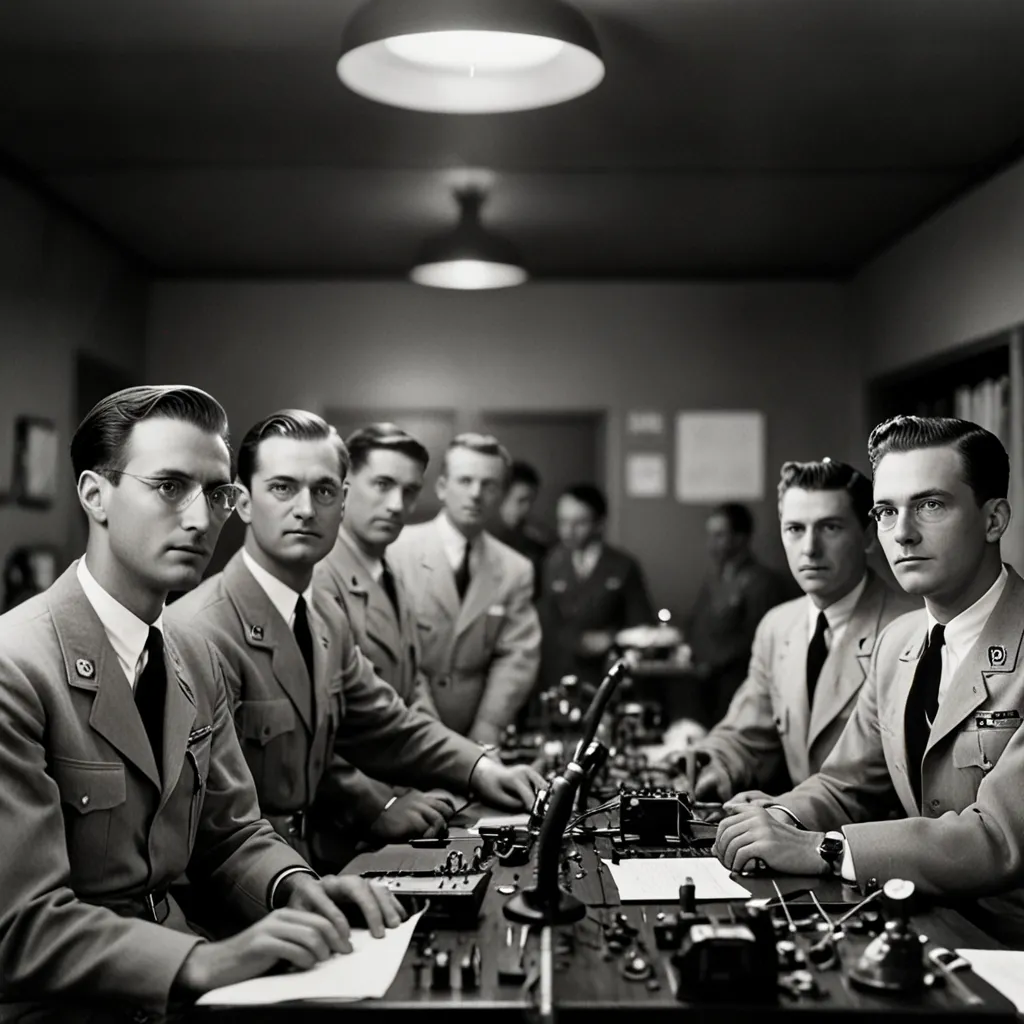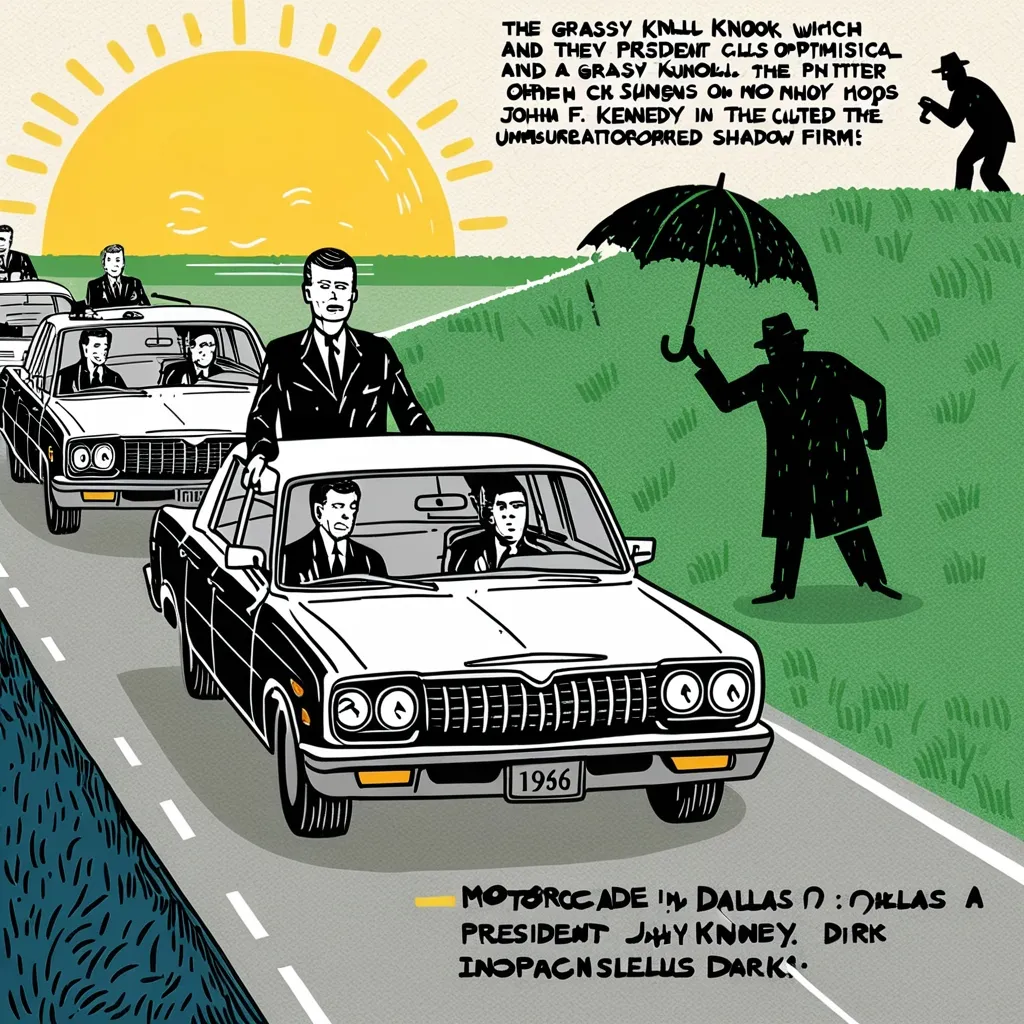After World War II, the U.S. decided to get a bit sneaky with a mission called Operation Paperclip. This top-secret operation aimed to bring over 1,600 German scientists, engineers, and tech experts from Nazi Germany to work for the U.S. government. The plan kicked off in 1945 and wrapped up around 1959. The goal? To snap up that German brainpower and make sure it didn’t end up in Soviet hands or with other nations, especially with Cold War tensions brewing.
Things got rolling in 1945 as the Allies marched into Germany, discovering heaps of cutting-edge science and tech research. On July 20, 1945, the U.S. Joint Chiefs of Staff made it official with Operation Overcast, later known as Operation Paperclip. This move aimed to leverage German know-how not just to help with the war against Japan but also to boost U.S. military research. This was all handled by the Joint Intelligence Objectives Agency (JIOA) and mostly executed by the U.S. Army’s Counterintelligence Corps (CIC).
The scientists scooped up in Operation Paperclip were pros in rockets, aviation, and chemical and biological warfare. One standout was Wernher von Braun, a big name in rocket tech, who later played a massive role in America’s space program and Cold War military advancements. Despite the scientific gains, the operation stirred up controversy due to many recruits’ Nazi backgrounds and the ethical debate about integrating them into American society.
The operation wasn’t solely about rockets. There was also a push towards synthetic fuels, medicine, and other research areas. The advancements made in aeronautics led to breakthroughs in rocket and space-flight tech, paving the way for pivotal moments in the Space Race. This operation helped set the stage for NASA and the Apollo missions to the Moon.
Operation Paperclip was a strategic play by the U.S. to grab German scientific talent amid Cold War tensions. The project kept going even after Japan’s surrender in August 1945, morphing into a long-term immigration initiative. Many scientists and engineers coming to the U.S. had Nazi records, which was a bit of a headache for the project’s handlers. About half of the early recruits had been Nazi Party members, some opportunistically, while a few were hardcore Nazis with significant party records or ties to the SS or SA.
As relations with the Soviet Union soured, bringing in ex-Nazis became more acceptable to the American government and public. Their pasts were often swept under the rug with the justification that their expertise was crucial for U.S. weapons programs or, at the very least, to keep their knowledge from the Soviets. A prime example is the V-2 missile group headed by Dr. Wernher von Braun, a party member and SS officer who was indirectly linked to using slave labor for building his rockets.
The U.S. government went to great lengths to cover up the pasts of these scientists. A propaganda push was set up to clean up their images, rewriting their dossiers and downplaying Nazi affiliations. For instance, NASA and the U.S. government heavily covered up von Braun’s Nazi past, despite his SS membership and connection to slave labor.
Operation Paperclip’s legacy is a mix of scientific leaps and ethical quagmires. The project gave a significant boost to U.S. science, tech, and national security during the Cold War. But it also meant glossing over the dark histories of many specialists who might have faced war crime trials. The real dirt on their pasts didn’t surface until the 1980s when files were declassified, allowing for a more balanced view of the project’s impact.
Films like Dr. Strangelove and Captain America: The Winter Soldier, along with TV shows like Hunters, have all spotlighted Operation Paperclip, often emphasizing its controversial aspects and the moral questions it raised.
In the end, Operation Paperclip was a complicated and hotly debated project. It brought huge scientific strides to the U.S. but also stirred up significant ethical debates about recruiting former Nazi scientists. Its legacy remains a topic of discussion, highlighting the tricky balance between chasing knowledge and upholding justice and human rights.






